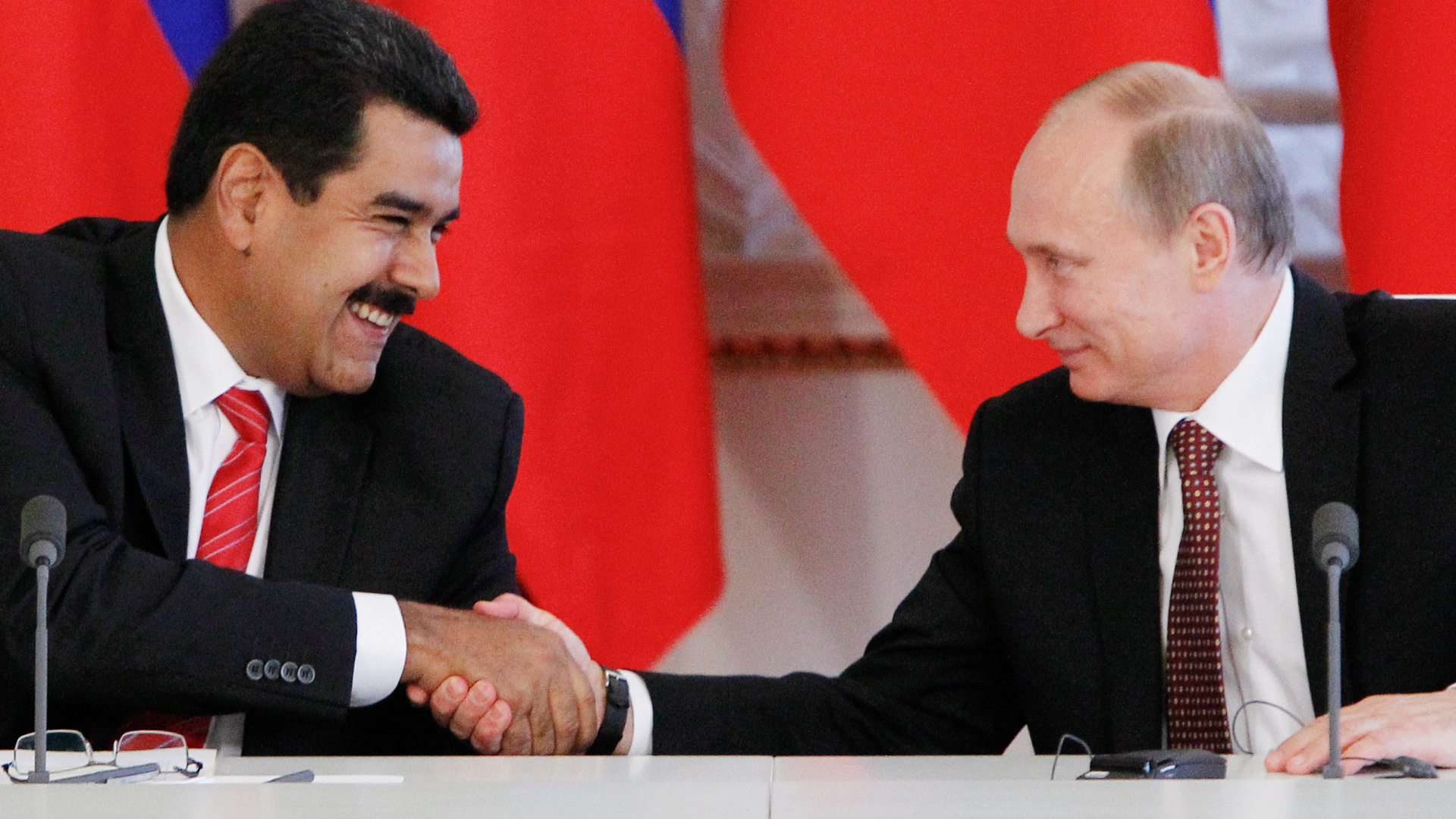Iran to disband morality police and review mandatory headscarf law
Iranian protesters scored a major victory over the weekend after the country’s attorney general announced that the Iranian government would disband its morality police force.
Mohammad Jafar Montazeri's comments at a Sunday night event have yet to be officially confirmed by other Iranian government agencies, but it could be the first sign that Iran’s Mullah regime is cracking under the pressure of the country's recent protests.
Iran has seen months of violent protests after Masha Amini was killed while in the custody of Iran’s Gasht-e-Ershad, which roughly translated means guidance patrol.
Masha was originally detained for allegedly violating Iran’s strict Islamic dress code and was later rushed from her detention facility to a nearby hospital by ambulance.
Unfortunately, Masha fell into a coma shortly after arriving and died from injuries, which many Iranians believe came from her beating and torture at the hands of Iranian police.
Protestors have been pushing back against Iran’s Mullahs ever since Masha’s death and it has led to even more death and violence as the protestors have proven unwilling to back down and the government has shown that it has no issue with using deadly force to quell the protests.
At least 448 other Iranians have died since the unrest began, including 60 minors according to the non-profit organization Iran Human Rights.
Mohammad Montazeri was at a religious conference when asked about the possibility of disbanding Iran’s morality police.
“The morality police had nothing to do with the Judiciary and the same institution that established it, has now abolished it,” Montazeri said in reply.
Unfortunately, Montazeri is not responsible for overseeing Iran's morality police as the country’s attorney general but he noted that “the judiciary will continue to supervise social behaviors.”
It is unclear whether Montazeri meant the Gasht-e-Ershad would be permanently abolished or if it would return to reorganized into a new force after the protests were quelled, but the statement comes less than a day after Montazeri stated that the Iranian government would be reviewing its mandatory headscarf law.
"Both parliament and the judiciary are working [on the issue]" of whether the law needs any changes, Montazeri was quoted as saying by the Iranian Students News Agency.
Montazeri mentioned that a review team met on November 30th with parliament's cultural commission and that the country would see its results “in a week or two".
"But there are methods of implementing the constitution that can be flexible," Montazeri said in televised comments.
Since April 1983, it has been illegal for Iranian women to leave their homes without wearing a hijab that covers both their head and neck in a manner that conceals their hair, a major and highly-sensitive issue in a country where reformers are trying to leave the choice of wearing a headscarf up to individuals.
The Gasht-e-Ershad was established by president Mahmoud Ahmadinejad in 2005 and was tasked with arresting anyone who violated Islamic dress codes.
But there are no clear guidelines or details outlining what clothing qualifies as inappropriate, something that has led many Iranians to claim that the Gasht-e-Ershad has primarily used its power arbitrarily to detain women.
More for you
Top Stories






























